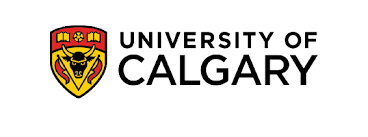University of Calgary: Collective effort brings to light overlooked Métis residential school experiences in Canada
Arecently completed mural is highlighting and honouring the unique experiences of Métis survivors of Canada’s residential school system.
The Métis Memories of Residential Schools, A Testament to the Strength of the Métis mural mosaic consists of 24 vibrantly illustrated tiles, each of which reveals a piece of Métis history, tradition, or culture.
Dr. Yvonne Poitras Pratt, PhD’11, an associate professor in the Werklund School of Education, partnered on the project with the Rupertsland Institute and members of the Métis community and says sharing these accounts from a Métis perspective was essential, and long overdue.
“For too long, the Métis story has been told by those who have had a colonial agenda. Just as Louis Riel once predicted, our people are waking up and telling our own stories, in our own voices.”
While some of the tiles disclose difficult truths about residential schools, such as the meting out of harsh discipline, banning of the Michif language or the removal of self-identity by cutting long hair into bowl-shaped short cuts, others celebrate the resilience of women and the importance of jigging and fiddling in Métis culture.
Each tile is accompanied with a teaching statement and reflective questions that educators, or families, can discuss — an undertaking Poitras Pratt believes is necessary going forward:
As educators and everyday Canadians, we need to listen to all the truths, from all First Peoples, before we can start imagining and practising being better together.
Billie-Jo Grant, who was formerly with the Rupertsland Institute and now serves as the Indigenous consultant with Greater St. Albert Catholic Regional School Division, collaborated on the project and agrees that an increased understanding of the lived experiences of residential school survivors offers considerable value.
“As a strong, resilient Métis woman who has experienced the impacts of intergenerational trauma, my hope is that people of all ages will learn, connect, and reflect on the dark legacy of Canadian residential schools that lives on today.
“The collective process of truth-telling and being heard is incredibly healing for me, both personally and professionally.”

